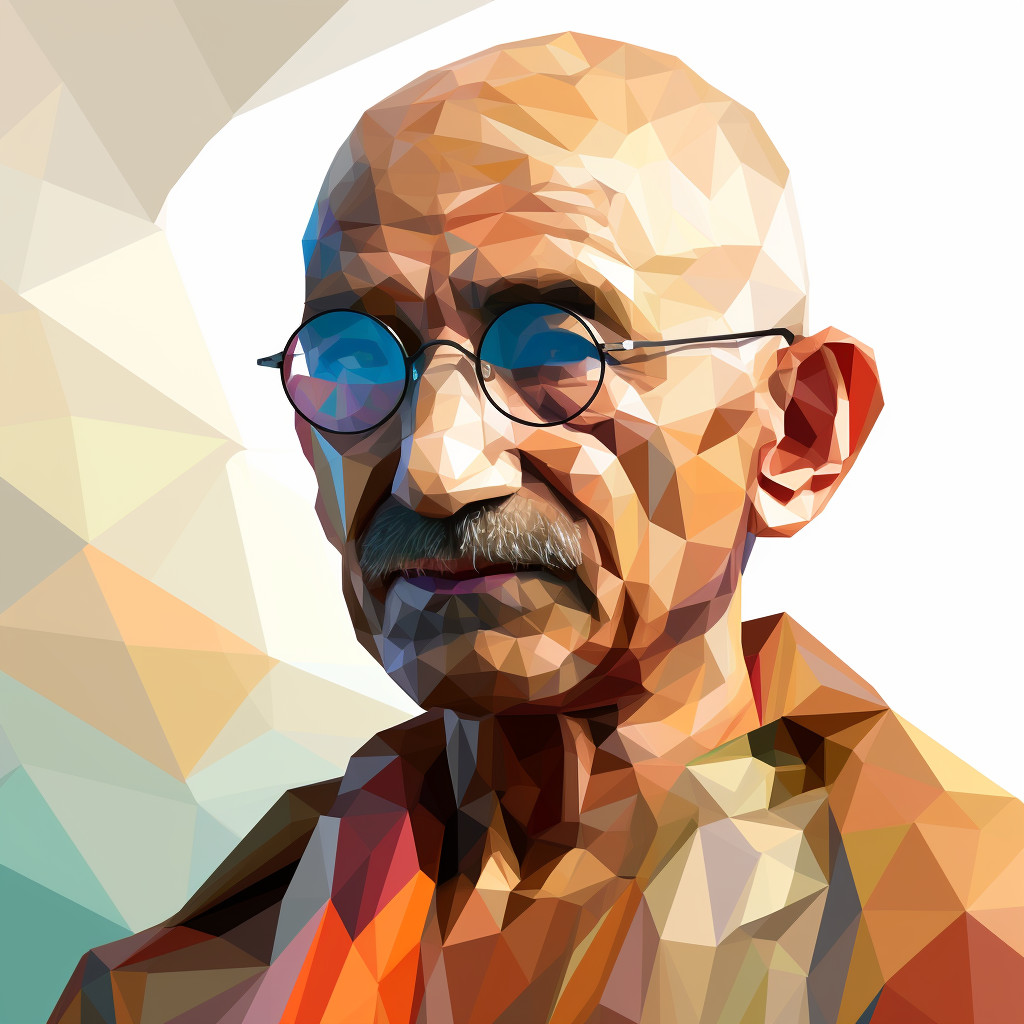'Vow' Quotes
Vow quotes hold immense significance as they represent a promise or commitment made by an individual. These quotes have been used throughout history to inspire and motivate individuals to stay true to their word and follow through on their promises. From ancient civilizations to modern times, vow qu…Read More
Vow quotes hold immense significance as they represent a promise or commitment made by an individual. These quotes have been used throughout history to inspire and motivate individuals to stay true to their word and follow through on their promises. From ancient civilizations to modern times, vow quotes have been a source of guidance and determination for people. Famous figures such as Mahatma Gandhi and Martin Luther King Jr. have used vow quotes to rally people towards a common cause and bring about positive change. Even today, vow quotes continue to inspire individuals to make a difference and keep their promises, making them a powerful tool for personal and societal growth.Read Less
Vow quotes hold immense significance as they represent a promise or commitment made by an individual. These quotes have been used throughout history to inspire and motivate individuals to stay true to their word and follow through on their promises. From ancient civilizations to modern times, vow quotes have been a source of guidance and determination for people. Famous figures such as Mahatma Gandhi and Martin Luther King Jr. have used vow quotes to rally people towards a common cause and bring about positive change. Even today, vow quotes continue to inspire individuals to make a difference and keep their promises, making them a powerful tool for personal and societal growth.
30 Notable 'Vow' Quotations and Sayings
Vow – Symbolic Value
The concept of a vow is deeply rooted in symbolism and holds great significance in various cultures and religions. A vow is a solemn promise or commitment made by an individual to oneself, others, or a higher power. It is a declaration of intent to fulfill a specific action or behavior, often with a strong emotional attachment. The symbolic value of a vow lies in its ability to inspire and motivate individuals to strive towards their goals and aspirations.In many cultures, vows are considered sacred and are often accompanied by rituals and ceremonies. For instance, in Hinduism, the sacred ritual of Saptapadi, where the bride and groom take seven steps together, symbolizes their vow to support and stand by each other through the ups and downs of life. Similarly, in Christianity, marriage vows are exchanged in the presence of God, signifying the sacred bond between two individuals.
Vow – Cultural and Historical Significance
The concept of a vow has a rich cultural and historical significance. In ancient times, vows were often made to deities or rulers as a sign of loyalty and devotion. In Greek mythology, the gods and goddesses were known to make vows to each other, which were considered binding and unbreakable. In medieval Europe, knights took vows of chivalry, pledging to uphold honor, courage, and loyalty.In some cultures, vows are also used as a means of atonement or seeking forgiveness. In Buddhism, the practice of taking vows is an essential part of the path towards enlightenment. Monks and nuns take vows of poverty, celibacy, and obedience to lead a life of simplicity and detachment. Similarly, in Judaism, the Yom Kippur, or Day of Atonement, is a time for individuals to reflect on their actions and make vows to improve themselves in the coming year.
Vow – Common Themes in Motivational Contexts
The concept of a vow is often used in motivational contexts to inspire individuals to achieve their goals and dreams. The act of making a vow is a powerful tool for self-motivation and determination. It creates a sense of accountability and responsibility towards oneself and others. Many successful individuals credit their achievements to the vows they made to themselves, such as Steve Jobs’ vow to change the world with his innovative ideas.Common themes in motivational contexts include vows to overcome challenges, achieve success, and make a positive impact on society. Vows are also used in self-improvement and personal development, where individuals make promises to break bad habits, adopt healthy behaviors, and become better versions of themselves.
Vow – Portrayal in Art and Media
The concept of a vow has been portrayed in various forms of art and media, including literature, films, and music. In literature, vows are often used as a plot device to drive the story forward. For example, in Shakespeare’s Romeo and Juliet, the young lovers make a vow to be together despite their families’ feud, leading to tragic consequences.In films, vows are often used to depict the strength of relationships and the power of determination. In the movie The Vow, a woman loses her memory in an accident and her husband makes a vow to win her love back. In music, vows are often used as a lyrical theme, such as Beyoncé’s hit song “Love on Top,” where she sings about making a vow to love her partner forever.
Vow – Impact on Understanding of Life and Society
The concept of a vow has a significant impact on our understanding of life and society. It teaches us the importance of commitment, responsibility, and perseverance. Vows also play a crucial role in shaping our moral and ethical values, as they require us to act in accordance with our promises.In society, vows are used to establish trust and build strong relationships. Marriage vows, for instance, are a symbol of the commitment and love between two individuals. In a broader sense, vows also play a role in shaping societal norms and values. For example, the Hippocratic Oath taken by doctors is a vow to uphold ethical standards and provide the best care for their patients.In conclusion, the concept of a vow holds great symbolic value and has a significant impact on various aspects of life. It is a powerful tool for motivation, a means of seeking forgiveness, and a symbol of commitment and loyalty. Vows have been an integral part of human history and continue to play a crucial role in shaping our understanding of life and society.














